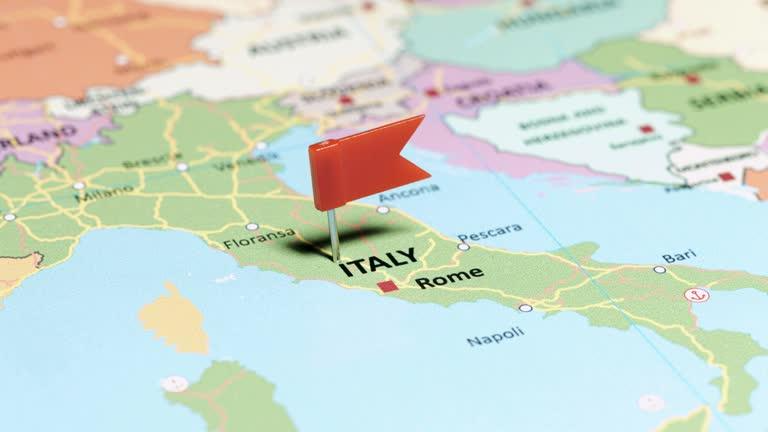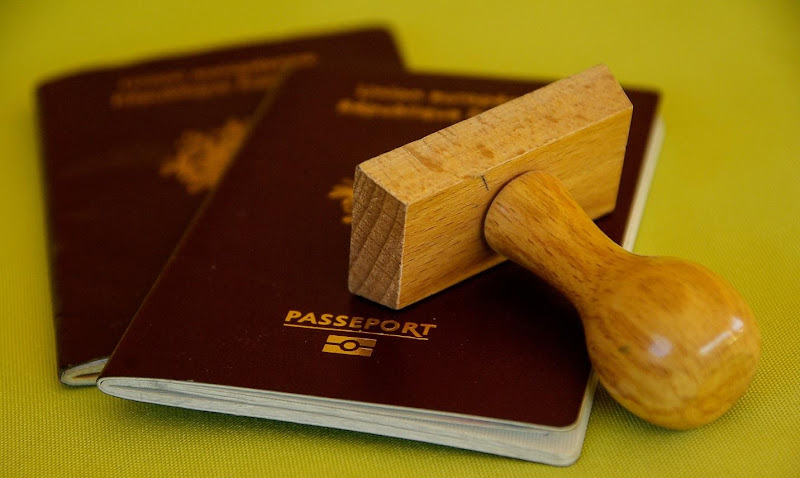
So, you’ve been told your great-grandfather was Italian, and suddenly you’re wondering if that entitles you to more than just Sunday dinners filled with pasta and family stories. Maybe you’ve tried digging through family records or have found yourself on Reddit threads, scrolling through other people’s tangled citizenship journeys. It’s exciting, yeah—but also confusing, frustrating, and sometimes downright overwhelming.
Honestly, navigating the path to Italian citizenship through ancestry (also known as jure sanguinis) isn’t as simple as mailing in a birth certificate and waiting for your new passport. You’re probably hitting roadblocks. Maybe the consulate’s appointment calendar looks like it was booked up by the Roman Empire. Or perhaps you’re caught in that weird limbo of “my grandfather was born in Italy, but my father didn’t register us, so now what?” Add to that the time, paperwork, and language barriers, and it’s no surprise people consider other options like the Italy self-employment visa route. But here’s the thing, if you truly have Italian blood, you might already be entitled to citizenship. You just need to know how to claim it.
Let’s unpack this whole jure sanguinis thing so you know what it entails.
What Is Jure Sanguinis, and Do You Qualify?

The phrase jure sanguinis literally means “by right of blood.” In short, if your ancestor was an Italian citizen and didn’t renounce their citizenship before the next generation was born, you might have a legal claim to Italian citizenship, even if you were born and raised somewhere else entirely.
Now, before you start Googling “Italian citizenship forms PDF,” let’s talk about what that really means for you. Because this isn’t a one-size-fits-all situation. You’ll need to trace your family tree and understand if your Italian ancestor passed on their citizenship rights correctly through the generations.
This is where an Italian citizenship attorney can really save your sanity. Sure, you can try to DIY the whole thing—plenty of people do. But the laws have a lot of technical caveats. For example, was your Italian ancestor still a citizen when their child was born? Did they become naturalized in another country before that happened? Was your family line interrupted by a woman giving birth before 1948 (yes, Italian law used to be that sexist)? These small details can derail your application if you miss them.
Also, expect to gather birth certificates, marriage certificates, naturalization records, and sometimes even church documents—from multiple countries. Each one has to be apostilled and translated. Sounds fun, right? Yeah… not so much. That’s why many people lean on professionals, especially when their lineage spans multiple generations or legal systems.
The Not-So-Glamorous Process (But Totally Worth It)
So let’s say you’ve figured out that you’re eligible. Great! Now comes the part where you gather all the paperwork and try to make sense of the bureaucracy.
Here’s where people usually stumble: thinking it’s going to be quick. It’s not. Depending on your consulate, you could wait anywhere from a few months to several years just to get an appointment. Yes, years. That’s not an exaggeration.
There’s also the paperwork nightmare. You’ll need certified copies of every major life event in your family line—births, marriages, deaths, and naturalizations (or proof that they didn’t naturalize). These need to be obtained from the relevant government offices, and sometimes you’ll find out that a document is missing, illegible, or never existed in the first place. When that happens? You’re back to the archives, maybe even hiring a local researcher in Italy or the U.S. to dig deeper.
Now, this might all sound like a hassle—and honestly, it is. But if you’re serious about living, working, or even retiring in the EU without the stress of constantly renewing visas, this is a route worth pursuing. Because once you get that Italian passport, you’re not just tied to Italy. You’re a full EU citizen. That means access to healthcare, education, and work opportunities in 27 countries.
Why You Shouldn’t Go It Alone (Unless You’re a Masochist)

Now, maybe you’re the type who thrives on challenges. You love forms, logistics, and spending hours comparing dates on baptism records. If that’s you, have at it. For everyone else? Get help.
An Italian citizenship attorney can make this process manageable. They understand how to navigate the consular system, what to do if a document is missing or doesn’t match, and how to argue your case if it hits a legal snag. They can also help you apply through the courts in Italy if your case is stuck because of outdated laws, like the one that discriminated against maternal lines before 1948.
That’s not to say you have to hire someone. There are Facebook groups, online forums, and even Discord channels full of people sharing their experiences and helping others figure things out. Just remember: every case is unique. What worked for someone else might not apply to your situation.
So… Is It Worth It?
That depends. Do you dream of sipping espresso in Rome without worrying about visa restrictions? Are you hoping to pass EU citizenship on to your kids? Do you just feel that deep tug toward your Italian roots?
If you said yes to any of those, then yes—jure sanguinis might be one of the most powerful legal paths available to you. Sure, it takes time. Yes, it requires patience (and maybe a few breakdowns). But in the end it will help you reclaim your connection.